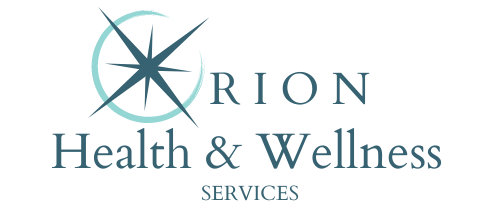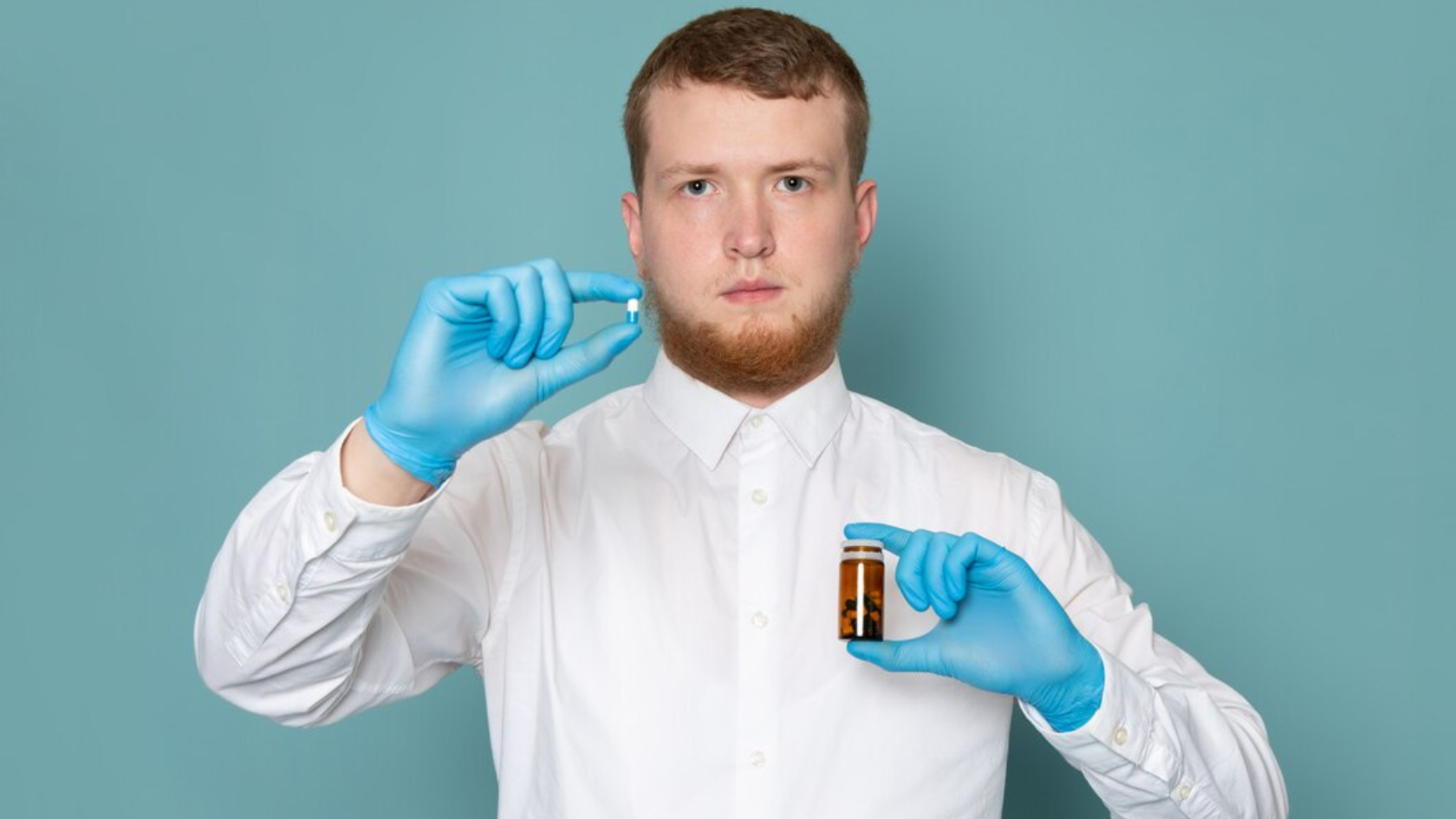Testosterone plays a vital role in the body’s overall health, supporting energy, mood, muscle growth, and sexual function. However, not all testosterone circulating in the blood is available for use. Bioavailable testosterone refers to the specific portion of testosterone that is not tightly bound to proteins, allowing it to be easily used by the body’s tissues. Understanding this term helps individuals make informed decisions about their hormone health and treatment options like testosterone replacement therapy.
When discussing hormone levels, total testosterone is often mentioned, but bioavailable testosterone offers a clearer picture of hormonal health. This fraction includes free testosterone and testosterone loosely bound to albumin, making it readily accessible for the body’s needs. Low levels of bioavailable testosterone can contribute to symptoms like fatigue, decreased strength, and a reduced sense of well-being.
Identifying and addressing imbalances early can greatly impact one’s overall quality of life, especially for those considering hormone replacement therapy.
Key Takeaways
- Bioavailable testosterone refers to the active form your body can use, unlike total testosterone, which includes unusable amounts.
- It includes free testosterone and albumin-bound testosterone, both of which your body can easily access and absorb for hormonal balance.
- Doctors often focus on bioavailable testosterone levels when diagnosing low T because it gives a clearer picture than total testosterone alone.
- Symptoms like fatigue, low libido, and muscle loss may point to low bioavailable testosterone—even if total testosterone levels seem normal.
- Tracking bioavailable testosterone helps tailor treatment plans for better results, especially in testosterone replacement therapy (TRT) programs.
Table of Contents
Definition of Bioavailable Testosterone
Bioavailable testosterone is the portion of circulating testosterone that can easily enter the body’s cells to exert its effects. In the bloodstream, testosterone exists in three main forms: bound tightly to sex hormone-binding globulin (SHBG), bound loosely to albumin, and completely free. Only the albumin-bound and free testosterone are considered bioavailable, meaning they are ready for use by tissues like muscles, bones, and the brain.
Total testosterone measures all forms combined, but it does not always reflect how much hormone the body can actually use. Someone may have normal total testosterone levels but still experience symptoms of low testosterone if their bioavailable levels are low. This is why many healthcare providers assess bioavailable testosterone to better understand a patient’s hormonal health.
Bioavailable testosterone is essential for supporting muscle strength, bone density, mental sharpness, mood stability, and sexual function. Because it is the active form the body can use immediately, maintaining healthy bioavailable testosterone levels is critical for overall well-being. In testosterone replacement therapy, treatments are often tailored based on bioavailable levels rather than total levels alone to ensure effective results.
The Importance of Bioavailable Testosterone in Health
Why Bioavailable Testosterone Matters
Testosterone binds tightly to SHBG, making it unavailable for immediate use. However, testosterone that is free or loosely attached to albumin is easily accessible to the body’s tissues. This bioavailable portion has a direct impact on energy levels, muscle mass, bone strength, and libido. When levels drop too low, individuals may feel fatigued, weak, or emotionally unstable. Understanding bioavailable testosterone allows for a better grasp of hormone health beyond total testosterone numbers.
As people age, SHBG levels naturally increase, which can lower the amount of bioavailable testosterone. Certain health conditions, like obesity or diabetes, can also affect bioavailability. That’s why symptoms of low testosterone might appear even if total testosterone looks normal on lab results. Monitoring bioavailable testosterone provides a more accurate understanding of the hormonal balance within the body.
Testing and Treatment for Bioavailable Testosterone
Testing for bioavailable testosterone usually involves blood work and may include specialized methods like equilibrium dialysis or calculated bioavailable testosterone formulas. These tests help healthcare providers determine if hormone replacement therapy is appropriate. Treatments often aim to optimize not just total testosterone but the active, bioavailable portion for the best health outcomes.
Options for boosting bioavailable testosterone include lifestyle changes, like strength training and weight management, as well as medical interventions such as testosterone injections, gels, or patches. In testosterone replacement therapy, adjusting treatment based on bioavailable testosterone measurements can lead to better energy, improved mood, and stronger physical health.
The Missing Link to Better Mood, Muscle, and Health
Frequently Asked Questions
Bioavailable testosterone is the form of testosterone that is readily usable by the body’s tissues.
Total testosterone includes all testosterone forms, while bioavailable refers to free and albumin-bound testosterone.
It directly affects muscle mass, energy, mood, bone health, and sexual function.
A healthcare provider can order blood tests that measure bioavailable testosterone through specialized lab methods.
Symptoms include fatigue, low libido, muscle weakness, depression, and reduced mental clarity.
Yes, aging, health conditions, and lifestyle factors can affect levels.
Regular exercise, weight management, and proper nutrition can help improve bioavailable testosterone.
Yes, properly managed therapy can raise bioavailable testosterone to healthy levels.
Yes, women also need bioavailable testosterone for energy, mood, and sexual health.
Measuring bioavailable testosterone often gives a clearer picture of true hormonal health.


